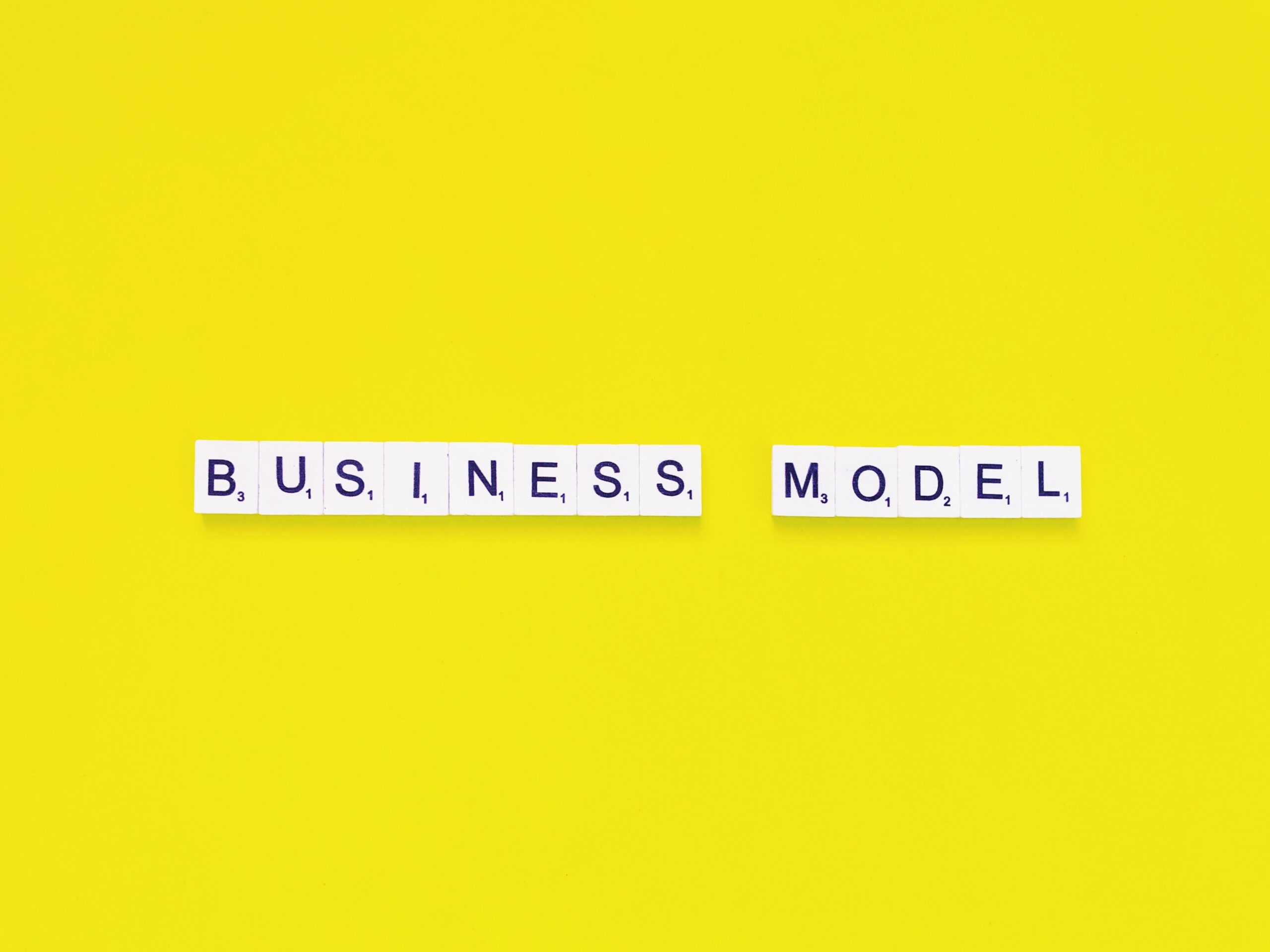Ah, retirement.
No one wants to hear about a 401K plan when in their 20s, coz its far far away, right?
I really don’t like being a harbinger of news that doesn’t want to be heard, but if it has to be told, it has to be carried by someone. Pardon me if it’s not the type of news you’d rather wake up to, but it seems like one which I have to deliver. Perhaps, it might save someone (I’m sure hoping it does…)
Now that we are done with the apologies, shall we proceed darlings?
I assume you would want there to be a time in the not so distant future that whatever it is you happen to be doing, it isn’t for the sake of money. Instead, it would be for the sake of adding value, contributing your own quota towards the lives of others without having to be constrained by your bank account, or cash at hand. We might not all have big dreams (on second thought, why don’t we all have big dreams?), but I’m assuming that no one wants to beg another person for money/food/necessities to survive. We all want to be self-sufficient, but being self-sufficient doesn’t just fall on people’s laps.
You have to project into the future and make plans towards ensuring that you aren’t running from pillar to post when it’s time to retire. It might seem far away, but putting away a little today would astonishingly result in the accumulation of a lot in future.
Research has shown that it is harder for the average freelancer to prepare for retirement, with over 40% of freelancers not having a formal retirement plan. I’m sure if this research were to be accurately conducted in Africa, the percentage of freelancers who don’t have a retirement plan would be much higher. If you own a business and you don’t have an amount deducted directly from source to be placed in a retirement plan (unlike when you work for a company which ensures that this is done for you), it can be burdensome, I agree.
Life should be more about solutions, than lamentations over problems; and so we would move straight to talking about any ways to combat this common problem which many freelancers face worldwide and specifically, in Africa.
Self-Directed Retirement Plan
Stop squeezing your face. I said I would provide solutions; that’s what I’m doing! These are typically called Solo 401(k)s; and it being self-directed doesn’t mean that you go with your Automated Teller Machine (ATM) card to withdraw from the account as desired. What it does mean is that you employ a lot of self-discipline in depositing money into this plan, over a long period of time. It is a form of retirement plan that’s common among freelancers and self-employed all over the world. This way, you wouldn’t have to start scratching your head when retirement is near (Although we all hope to have built mansions and to have billions in our bank accounts by then, and not have to depend on retirement plans, but then; better safe than sorry don’t you think?)
Not only would this help you create a sort of safety net, it also helps to create a self-discipline routine, and that is very helpful, especially in financial matters. And I tell you, if you can be self-disciplined when it comes to money, there are only a few areas where you might not be disciplined (very few, actually).
What Do Freelancers Want Out of a Retirement Plan?
I’m only one freelancer, so I don’t think I have all the answers. But in lieu of the spirit of freelance, I would like to provide a couple of thoughts on the matter, and round it up with researched facts.
The spirit of freelance is the spirit of freedom. Well, not freedom from work as it were, more like freedom from being shackled and being gagged to a certain degree. Instead of having your job description done for you, you want to do that by yourself- in other words, freedom to make the choice of either working or sleeping (I sure hope the choice you’re making is the choice of working, for your sake!). Therefore, a freelancer is likely to desire a plan that’s quite flexible. Research states that 83% of freelancers would be more likely to prioritize retirement saving if the option to withdraw money without paying a penalty was available. In other words, if the options available were more flexible, more freelancers would save for retirement.
I would also like to add that if a freelancer was making more money, or , he or she would be able to save for retirement.
What are your thoughts?






